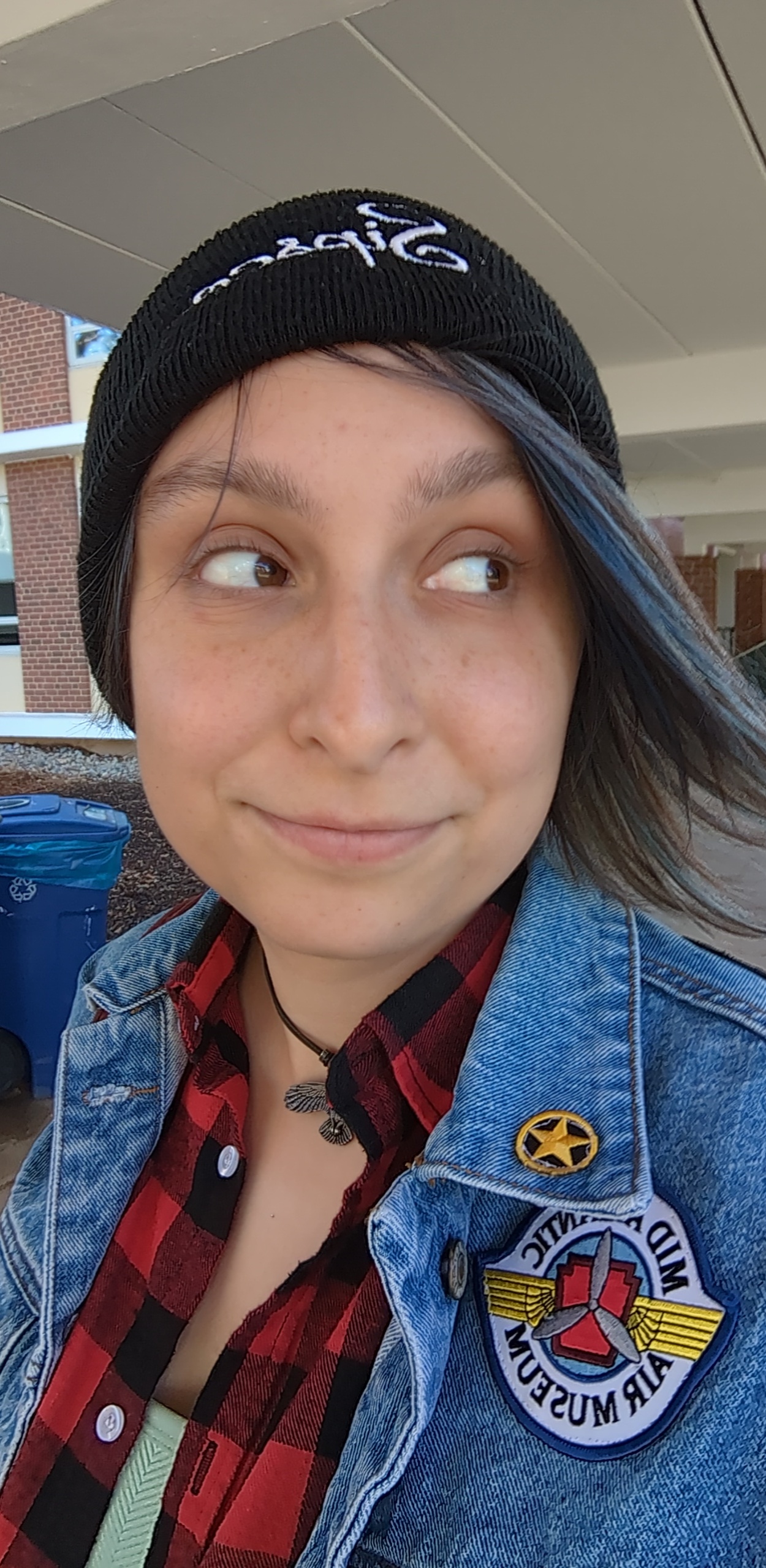Every doctoral student in the PhD in Education Program has a set of major milestones: Portfolios I-III, the dissertation proposal, and the final dissertation. This process is often intimidating and shrouded in mystery for students, so I have interviewed students at each step in the doctoral journey to illuminate the purpose of these checkpoints and provide insight on how to successfully pass each defense.

To address the final dissertation, I spoke with Jeff Vomund (he/him/his), a recent graduate from the PhD in Education Program.
Moving from your proposal to your final dissertation is the last milestone in the PhD in Education Program.
As Jeff moved through this process, he kept in mind the feedback he was given by his committee. This feedback was different from the feedback someone doing a traditional dissertation might get, as Jeff took the three-manuscript dissertation route. A traditional dissertation consists of one comprehensive study presented in five chapters, while a three-manuscript dissertation involves three interconnected studies that collectively explore a cohesive narrative within your research area. By the time he entered his process for proposal, Jeff already had his first two manuscripts completed.
For Jeff, the last materials to prepare were:
- Revisions to his first two manuscripts, and
- A clear plan for his third manuscript
The first step in the final dissertation process is preparing your materials.
Feedback from Jeff’s proposal gave him a “clear sense of what to do with my third manuscript, and the methods I was going to use.” He knew which participants he would need, the framing of his study, and that he needed to complete “a little more work on the lit review.” Then he was ready to actually perform that third study in his dissertation.
The next step for Jeff was collecting data! This was not without its struggles, though. Jeff said, “I got about as many [participants] as I’d hoped to, but…not as diverse [a group] as I’d hoped.” Additionally, Jeff’s participants didn’t always fill out his survey in a way that he expected: “I had more outliers, more incompletes,” which changed the kinds of analyses he could perform.
Once he collected his data, Jeff analyzed and wrote up his results and discussion. He reflected on his unique experience and transition with his research, as—at that point—he was no longer doing the work for someone else. Instead, he was “telling the world this is true.”
We know something today that we didn’t know yesterday.
Understanding your data, how you cleaned and manipulated it, and why you made each decision “makes all those questions feel so much more real and alive…it is absolutely thrilling.” This thrill can carry you through the exhausting moments of working on your dissertation because “we know something today that we didn’t know yesterday.”
After preparing your dissertation materials, it is time to defend your work.
Defending your dissertation is the moment that everyone builds up, and Jeff says his “was awesome. It’s so much fun and so interesting.” As long as you’ve been communicating with your committee—particularly your chair and methodologist—your defense should go smoothly. Jeff shared that his real anxiety came along “a month before that when you’ve handed in your completed draft to your chair and are waiting for their feedback.” But, at the defense itself, your committee wants to have a conversation “about your work to help you make it better.”
Once you have successfully defended, you must address your committee’s feedback and format your dissertation.
Each of Jeff’s committee members “added different gifts;” providing diverse feedback to “think better or do better or write better or be clearer.” Jeff noted that “it’s just such a luxury…here are people who’ve done what I want to do and they’re going to spend two hours helping me.” Trusting that feedback yields a strong dissertation. As a result of constantly communicating with his committee, Jeff shared that they “didn’t give me a lot of corrections because we’ve done a bunch of work ahead of time.”
Before submitting your final dissertation, you need to ensure that it is formatted in the standards and guidelines set by University Libraries. These include specifications for structuring, citing, and presenting to ensure consistency in dissertation publishing. Jeff recommended getting formatting done beforehand, so you won’t stress about submitting a correctly formatted dissertation to the library right before the deadline.
Jeff reflected on the importance of proactivity throughout the dissertation process.
Jeff noted that adapting to the unexpected is par for the course in working on a dissertation. To get ahead of potential setbacks, Jeff suggested to “start early. It’s never too early to talk with somebody about collecting data and to start creating relationships.”
It’s never too early to talk with somebody about collecting data and to start creating relationships.
Ask yourself: “Who do I know? Who can I contact? Who can I build trust with? How can I help them? What can I ask them about?” For his first study, Jeff recalled collecting and analyzing additional data specifically to help out the group he was examining. This ensured everyone, including the participants, truly benefited from his work.
Jeff’s biggest piece of advice for prospective doctoral students?
The more you can refine your ideas and the more you can figure out what really taps into your passion about learning and teaching and growing, the better. . .
“The more you can refine your ideas and the more you can figure out what really taps into your passion about learning and teaching and growing, the better…It’s just too hard to do if you don’t have a real clear question.” You don’t need a finalized research question from day 1, but from early on you should know where your curiosities lie. Being proactive about what you’re passionate about is the key of the doctoral process: finding answers to the questions that are important to you is what will make a big impact on the world.
About the author

Beth Anne Hosek (she/they) is a doctoral student in the PhD in Education Program specializing in educational psychology and research methods. Her research interests include the self-efficacy for self-regulated learning of middle school students who have had adverse childhood experiences. When she isn’t studying, you can usually find her hiking, playing board games with friends, or with her nose buried in whatever book she’s currently enveloped in. She is also a founding member of the CEHD Student Advisory Board!
